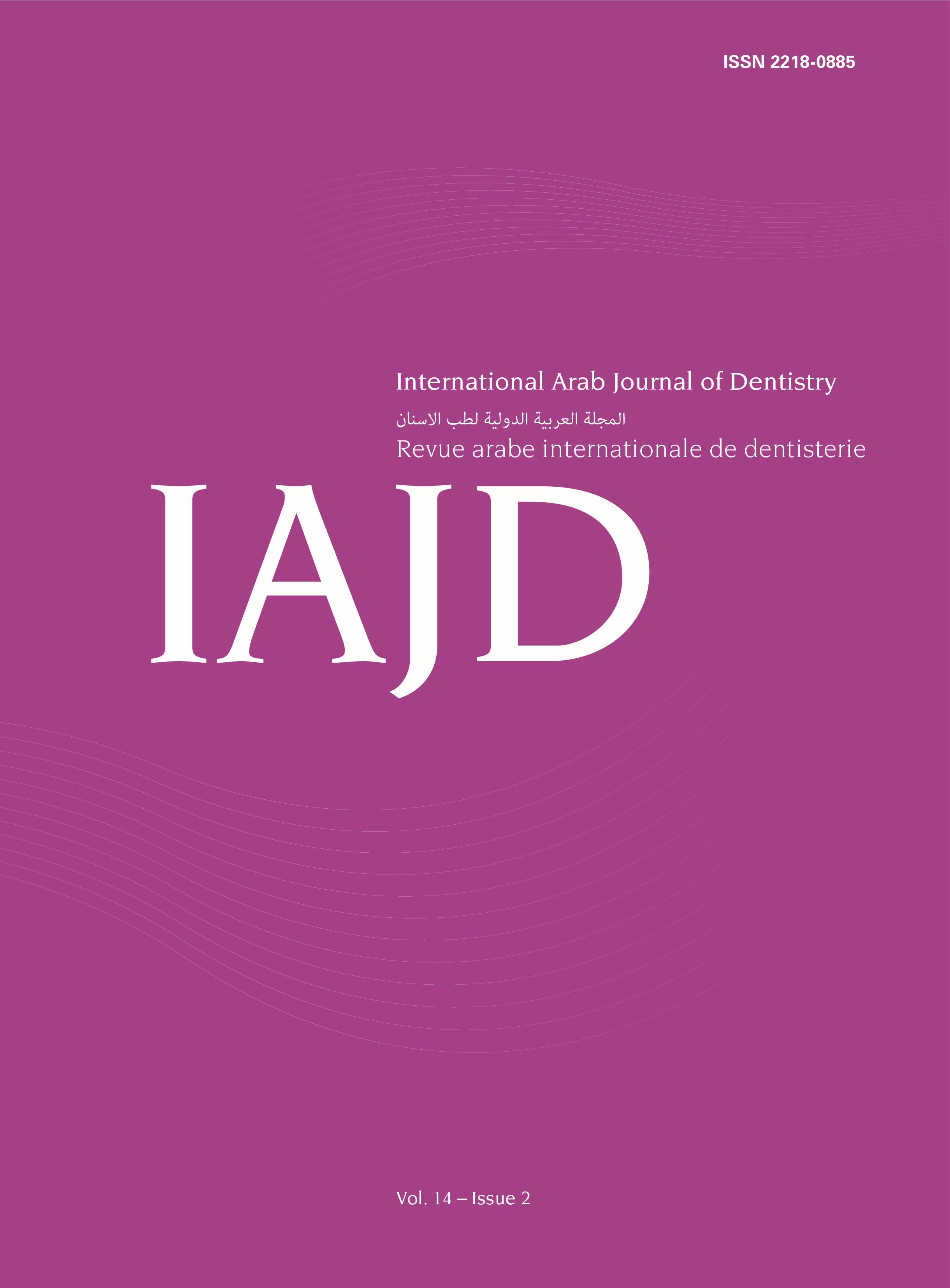Abstract
Introduction: Marginal bone loss after implant placement is one of the most used criteria to assess the success of osseointegrated implants over time. The type of implant connection and implant surface type are reported to have an influence on bone remodeling around the placed implants. This study aimed to evaluate marginal bone loss around two implant systems with different connections and surfaces in horizontally augmented sites.
Methods: This randomized control pilot study included 8 implants placed in 3 patients who needed implant placement in previously horizontally grafted sites. The placed implants were divided into two groups: group 1 consisting of implants with external connection and a hybrid design, and group 2 including implants with an internal connection and a fully etched surface. Clinical and radiographical measurements were taken at baseline, during the surgery, and up to one year after loading to evaluate marginal bone loss around the two different implants placed in grafted sites.
Results: All implants were retained at all follow-up periods and healing was uneventful. There were similar Marginal Bone Loss (MBL) and soft tissue changes around both types of implants. Group 2 implants had higher MBL, however, the difference was not statistically significative.
Conclusions: Preliminary analysis suggest that full surface etching does not seem to negatively influence marginal bone loss around implants placed in augmented bone.

